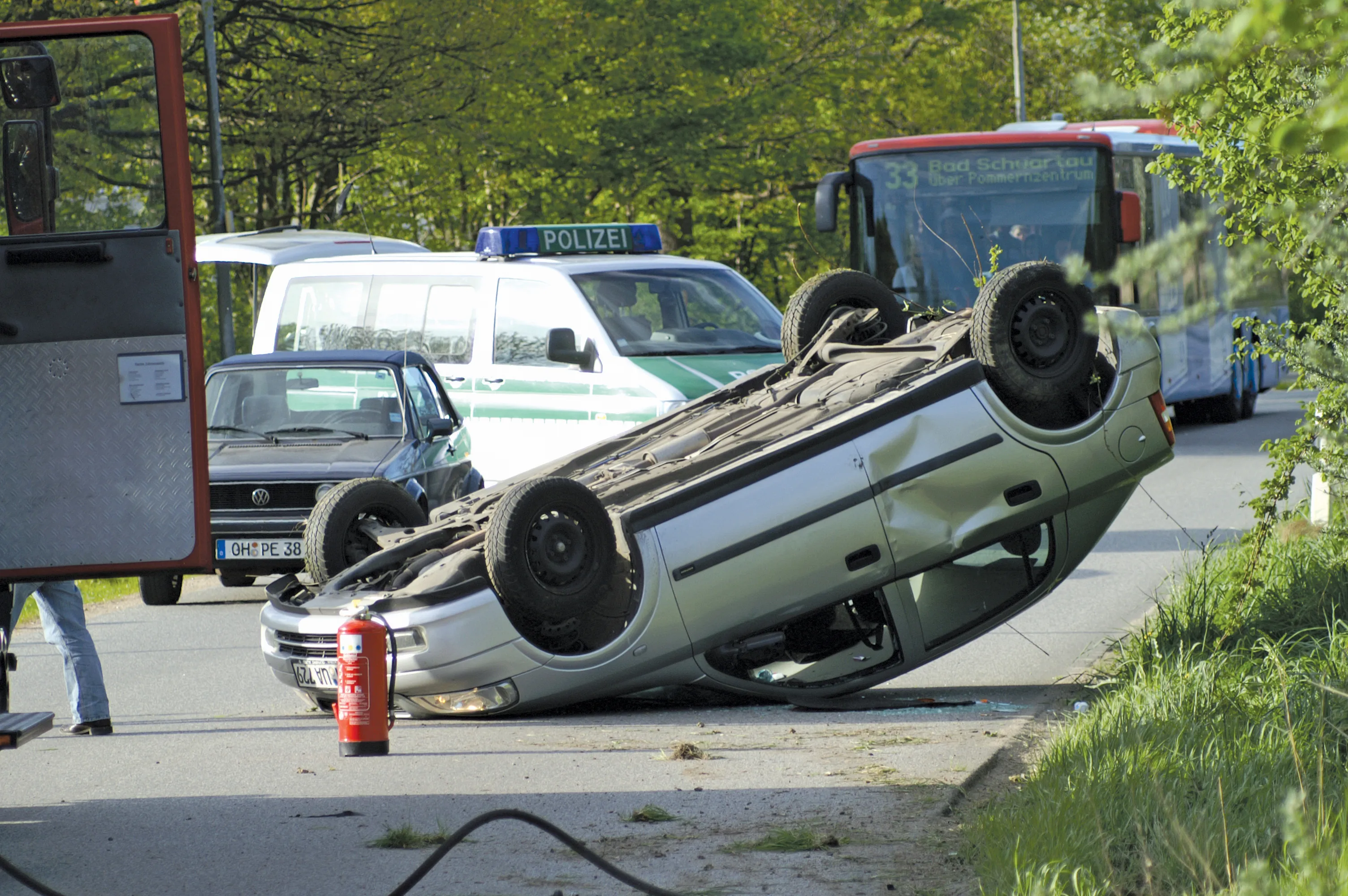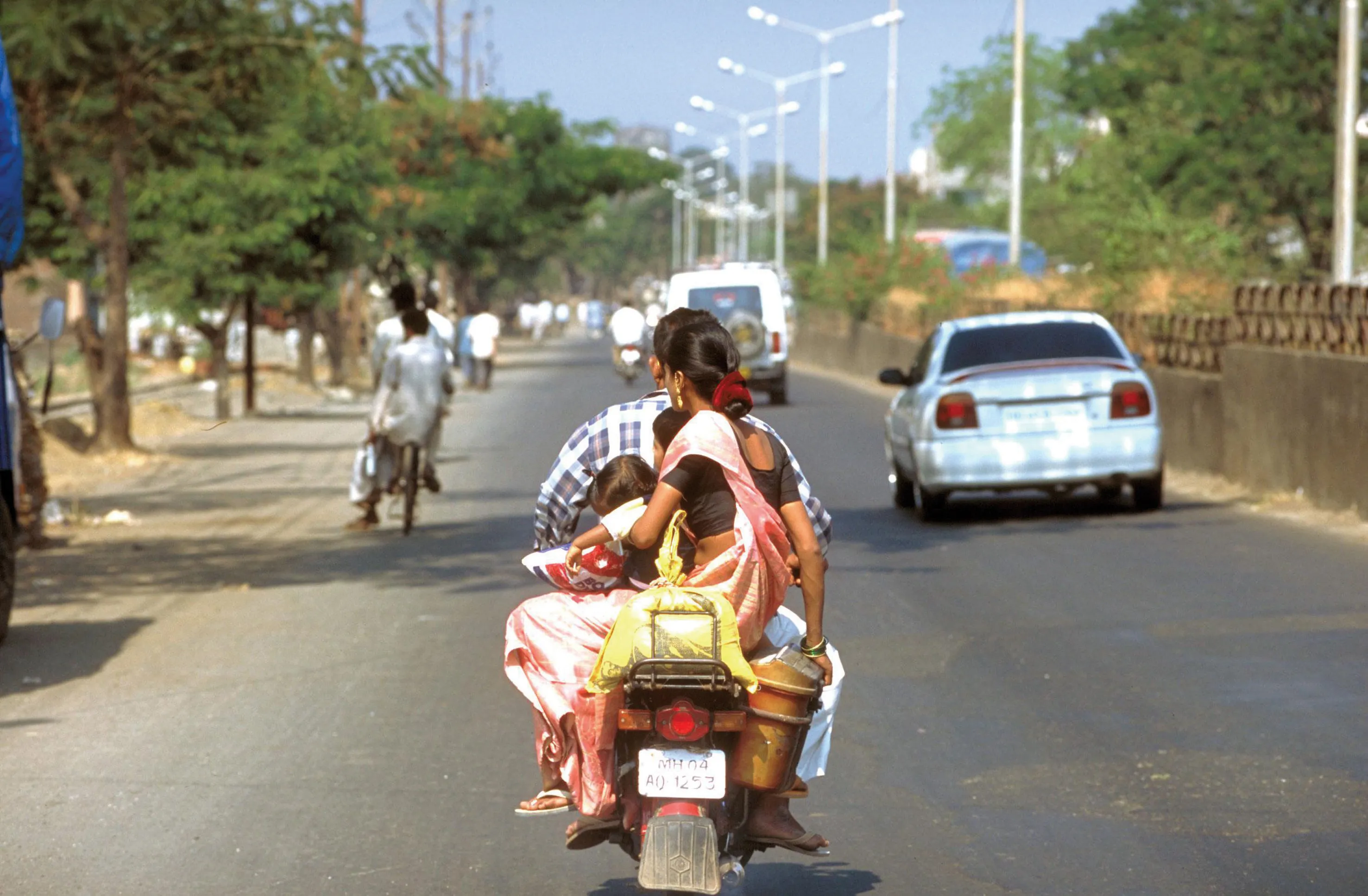
A new strategy is being established that will help cut road deaths around the world. The problem is particularly acute in developing nations. The World Health Organisation (WHO) has released figures showing that there are now 1.35 million road traffic deaths/year. And the highest road traffic fatality rates are in developing nations. The WHO has researched the topic, intending to push for better vehicle safety standards for all new vehicles globally. Four countries (Argentina, Brazil, Chile and Mexico) have been used as a case study.
There are three high priority vehicle safety standards applicable to cars. The first is for minimum standards for crashworthiness, including seat belts and frontal and side collision protection. The second is for Electronic Stability Control (ESC) for crash avoidance. The third is for pedestrian protection measures to improve safety for vulnerable road users (VRUs).
The WHO report estimates that large numbers of lives and serious injuries that could be saved over 10 years if Argentina, Brazil, Chile, and Mexico adopted the full set of priority vehicle safety standards from 2020.
Meanwhile, there is a separate push for lower speed limits in a further bid to reduce road casualties. According to the ITF Forum, research shows that a 1% reduction in average speed leads to a 4% reduction in road deaths.








